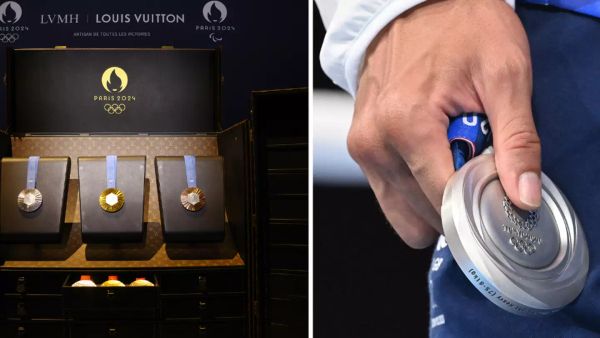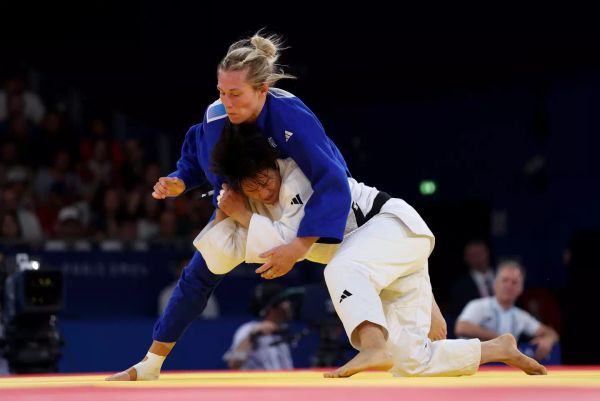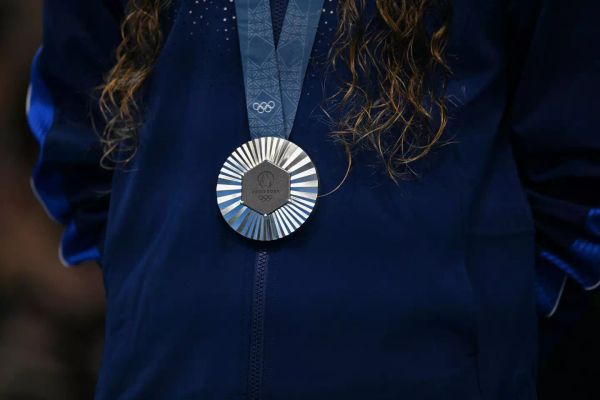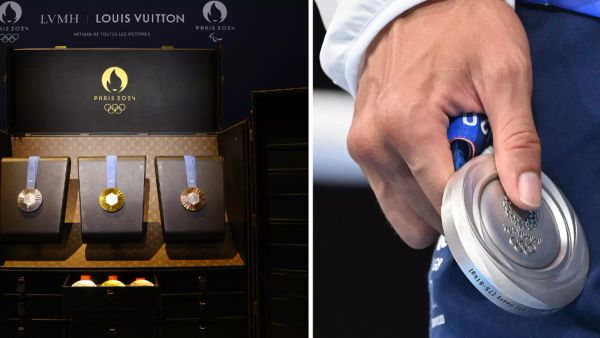The Olympic Games this year has been full of ups and downs for Team GB, and there’s still more to come. From heartbreaking losses to thrilling victories, the journey has been a rollercoaster of emotions.

One such heartbreaking moment came for judo star Emma Reid. After a tough fight in the first round against South Korea’s Yoon Hyun-ji, Emma was disqualified for receiving three penalties. The disappointment was evident as Emma broke down in tears while speaking to the press.

Another emotional victory came for rower Lola Anderson. She won gold in the quadruple sculls, narrowly beating the Netherlands by just 0.15 seconds. Lola’s triumph was made even more poignant by the fact that her father had passed away from cancer. Before his death, he gave her a note she had once thrown in the bin, which said, “My name is Lola Anderson and I think it would be my biggest dream in life to go to the Olympics in rowing and if possible win a gold for GB.” It’s moments like these that remind us of the power of determination and love.

Despite the highs and lows, Team GB is currently in sixth place in the overall standings. It’s a testament to their hard work, dedication, and the support from fans across the nation. However, history has shown us that medals are not always guaranteed to stay with the athletes who won them.
In a strange twist of fate, one of the most bizarre instances of a medal being taken away happened recently, a staggering 124 years after it was awarded. The incident dates back to the 1900 Olympic Games in Paris, where Britain came second in the men’s 25km cycling race. Lloyd Hildebrand, a British-born athlete who grew up in France and later married a French woman, earned himself a silver medal.

Back then, athletes only had to pay an entry fee and provide their license number from the national federation where they regularly competed. In a surprising turn of events, the International Olympic Committee (IOC) investigated the matter and made a decision. On June 17, 2024, they officially reassigned the medal to France due to Hildebrand’s strong ties to the country.
The IOC explained their reasoning, stating, “Recent research has now concluded that, even though Hildebrand was a British citizen, he was brought up in France, and competed for a French club before and after Paris 1900. Based on this newfound information, the IOC EB decided to apply the same policy as in previous cases brought to the IOC’s attention. The medal won by Hildebrand will now be credited to France instead of Great Britain in the official records of the Olympic Games Paris 1900 and in the IOC’s database.”
It’s a bitter pill to swallow for Great Britain, but it’s a reminder that even the oldest of Olympic medals can still be subject to investigation and reassignment.
As we cheer on our athletes in the remaining events, let’s remember the dedication, sacrifice, and emotions that come with competing at the highest level. The Olympics is a celebration of the human spirit and the pursuit of dreams, which transcends borders and time.






